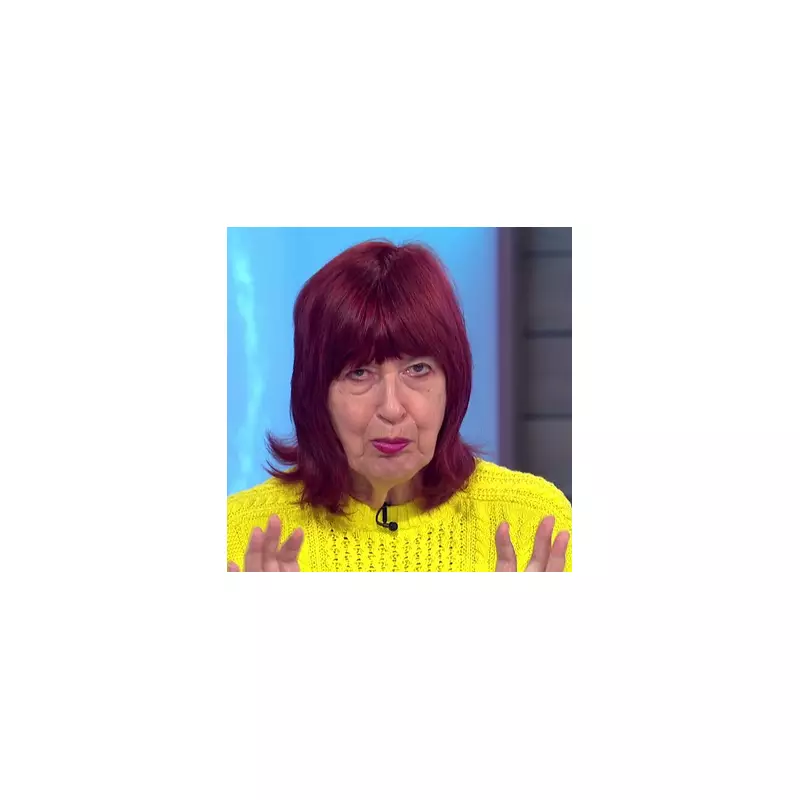
Television veteran Janet Street-Porter has launched a scathing attack on the 'patronising' ageism plaguing the broadcasting industry, particularly targeting women over a certain age.
The outspoken Loose Women panellist didn't hold back during a recent episode of the ITV daytime show, revealing the shocking reality of how older women are treated behind the scenes in television.
'You're Past It' Mentality Exposed
Street-Porter, who continues to be a prominent figure on screens at 76, detailed the subtle and not-so-subtle ways age discrimination manifests in the industry. 'There's definitely a feeling that you're past it,' she told fellow panellists, highlighting the stark contrast in how ageing men and women are perceived in broadcasting.
The journalist and broadcaster explained how older women face constant pressure to maintain a certain appearance while their male counterparts often face no such scrutiny. 'It's patronising and it's wrong,' she declared, drawing support from her co-hosts.
Industry Double Standards Laid Bare
During the powerful discussion, Street-Porter highlighted the glaring double standards that persist in television. While silver-haired male presenters are often described as 'distinguished' or 'authoritative', women of the same age frequently find their opportunities diminishing.
'We need to call this out for what it is,' she insisted, pointing to the wealth of experience and perspective that older women bring to broadcasting. Her comments sparked a wider conversation about representation and the need for genuine diversity in media.
A Career Defying Age Barriers
Street-Porter's own career stands as testament to her arguments. With decades in the industry spanning journalism, editing, and presenting, she continues to be one of television's most distinctive voices.
Her refusal to conform to industry expectations about how women 'should' age has made her both a role model and a thorn in the side of broadcasting traditionalists. This latest outburst serves as another rallying cry for change in an industry still grappling with equality issues.
The discussion concluded with agreement among the panel that while progress has been made, there remains significant work to be done to eliminate age-based discrimination in television.





